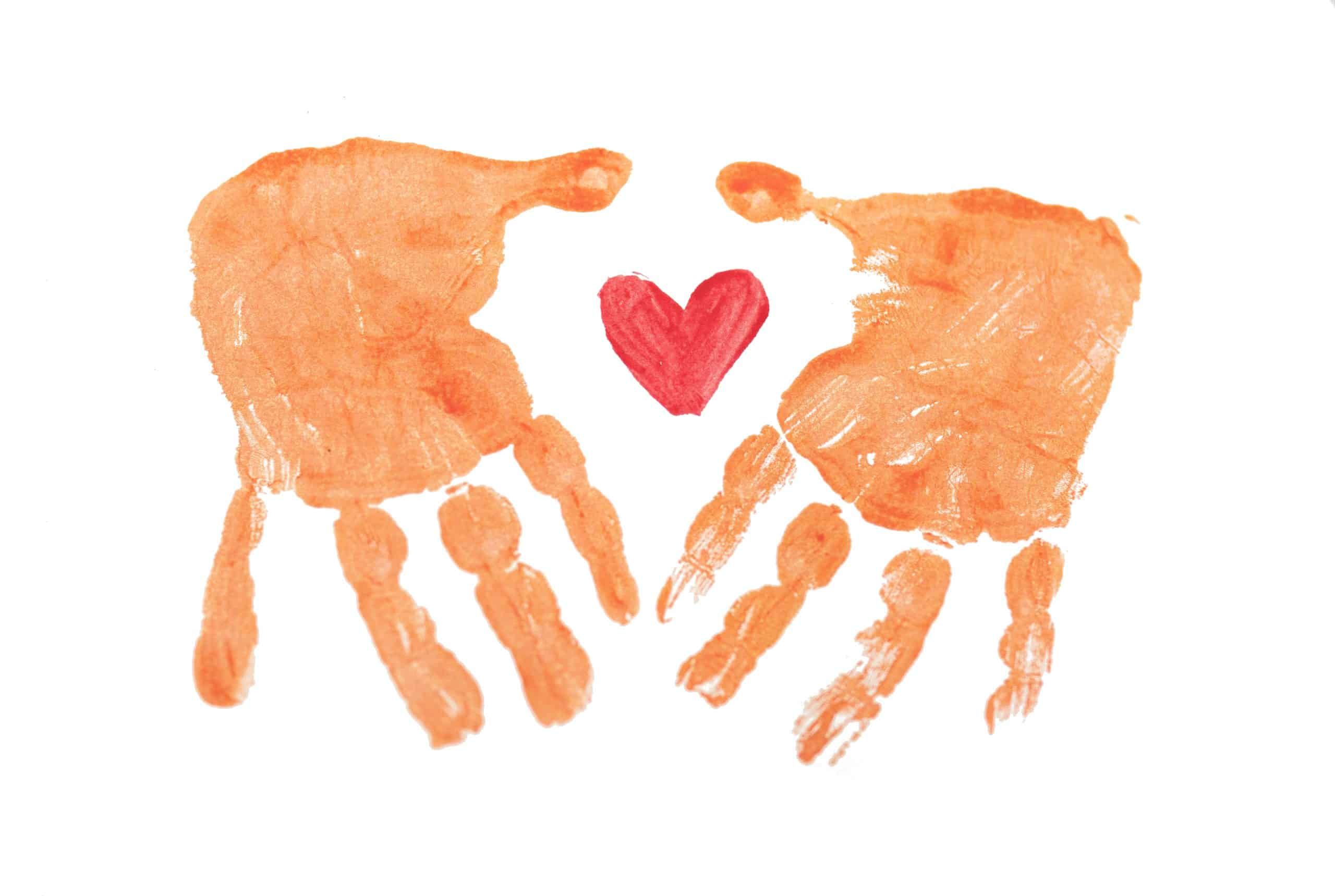As your furry companion grows older, their needs change and it becomes crucial to provide them with the proper care and attention. In this article, we will explore the topic of caring for senior dogs and discuss the various ways in which you can meet their aging needs. From understanding their changing health requirements to creating a comfortable and stimulating environment, we will offer practical tips and insights to ensure that your senior dog enjoys a happy and fulfilling life. Whether you are a seasoned dog owner or new to the world of canine companionship, this article is here to guide you on your journey of caring for your aging furry friend.
Caring for Senior Dogs: Meeting Their Aging Needs
As your beloved canine companion grows older, it is important to provide them with the care and attention they need to live a happy and fulfilling life. Just like humans, senior dogs have specific needs that must be met to ensure their health and well-being. From medical care to nutritional needs, exercise to mental stimulation, there are several aspects of caring for a senior dog that require your attention. In this comprehensive guide, we will explore the various ways you can meet the aging needs of your furry friend, so you can continue to enjoy many years of happiness together.

This image is property of images.unsplash.com.
Medical Care
Regular visits to the veterinarian are crucial for senior dogs to ensure early detection and prevention of any potential health issues. As dogs age, they become more susceptible to various conditions such as arthritis, heart disease, and cancer. By scheduling regular check-ups and screenings, your veterinarian can monitor your dog's overall health and catch any problems early on. Additionally, it is important to keep up with vaccinations and preventive medications to protect your senior dog from diseases and parasites.
Nutritional Needs
Senior dogs have different nutritional requirements compared to their younger counterparts. As they age, their metabolism slows down, and they may become less active, which can lead to weight gain. It is essential to provide your senior dog with a well-balanced, age-appropriate diet to maintain a healthy weight and prevent obesity-related issues. Consult with your veterinarian to determine the right type and amount of food for your dog based on their breed, size, and any specific dietary needs they may have.
Exercise and Physical Activity
Although senior dogs may not have the same energy levels as when they were young, regular exercise is still important for their overall well-being. Low-impact activities such as short walks, gentle play sessions, and swimming can help keep your senior dog fit, maintain muscle tone, and prevent joint stiffness. However, it is crucial to listen to your dog's cues and not push them beyond their comfort level. If you notice any signs of exhaustion or discomfort, it may be necessary to modify the exercise routine or consult with your veterinarian for further guidance.
Mental Stimulation
Keeping your senior dog mentally stimulated is just as important as physical exercise. Engaging their mind helps prevent cognitive decline and provides mental enrichment. Incorporate interactive toys, puzzle games, and training sessions into your dog's routine to keep their brain active and alert. Additionally, spending quality time together, whether it's through gentle grooming sessions or calm bonding activities, can provide emotional support and mental stimulation for your senior dog.

This image is property of images.unsplash.com.
Dental Care
Dental health is often overlooked but plays a vital role in the overall well-being of your senior dog. As dogs age, dental issues such as gum disease, tooth decay, and tooth loss become more common. Establishing a regular dental care routine, including brushing your dog's teeth with a canine toothbrush and toothpaste, can help prevent these problems. In addition to at-home dental care, regular professional dental cleanings by a veterinarian may also be necessary to ensure your senior dog's teeth and gums remain in good health.
Mobility Assistance
Senior dogs may experience mobility issues due to arthritis, joint stiffness, or other age-related conditions. Providing them with mobility assistance can greatly improve their quality of life. Consider using ramps or stairs to help your dog access elevated surfaces, provide supportive bedding or orthopedic mattresses for their comfort, and utilize harnesses or slings to assist with walking or going up and down stairs. Consult with your veterinarian or a professional dog trainer to explore suitable mobility aids for your senior dog's specific needs.

This image is property of images.unsplash.com.
Environmental Adaptations
To ensure your senior dog can navigate their living environment with ease, it may be necessary to make certain adaptations. Consider adding non-slip mats or rugs to slippery areas, such as tile or hardwood floors, to prevent falls. Provide easy access to food and water bowls by elevating them to a comfortable height. Additionally, ensure that your dog's bed or resting area is located in a warm and quiet part of the house, away from drafts or excessive noise.
Pain Management
As dogs age, they may experience chronic pain or discomfort. It is essential to monitor your senior dog for any signs of pain, such as limping, reluctance to move, or changes in behavior. If you suspect your dog is in pain, consult with your veterinarian to explore suitable pain management options. These may include medications, supplements, physical therapy, acupuncture, or other alternative treatments that can help alleviate their pain and improve their quality of life.
Maintaining a Routine
Senior dogs thrive on routine and familiarity. Establishing a consistent daily routine can help reduce anxiety and provide a sense of security for your senior companion. Schedule regular feeding times, walks, play sessions, and rest periods to create a structured and predictable environment. By doing so, you can minimize stress and help your senior dog feel safe and comfortable.
Quality Time and Attention
Lastly, one of the most important aspects of caring for a senior dog is providing them with plenty of love, attention, and quality time. As they age, their need for companionship and emotional support increases. Make it a priority to spend dedicated time each day engaging with your senior dog in activities they enjoy, such as cuddling, gentle petting, or simply being present with them. This will not only enhance their overall well-being but also deepen the bond you share with your beloved companion.
In conclusion, caring for a senior dog requires a holistic approach that addresses their medical care, nutritional needs, exercise, mental stimulation, dental health, mobility, environmental adaptations, pain management, routine, and the provision of quality time and attention. By providing proper care and meeting the aging needs of your senior dog, you can ensure they live a comfortable, happy, and fulfilling life in their golden years. Remember, your furry friend has been by your side through thick and thin, and now it's your turn to provide them with the love and care they deserve in their senior years.



1 comment
[…] are several factors that can contribute to hearing loss in dogs. One common cause is old age, as senior dogs may experience a gradual decline in their hearing abilities. Other factors include ear infections, […]
Comments are closed.